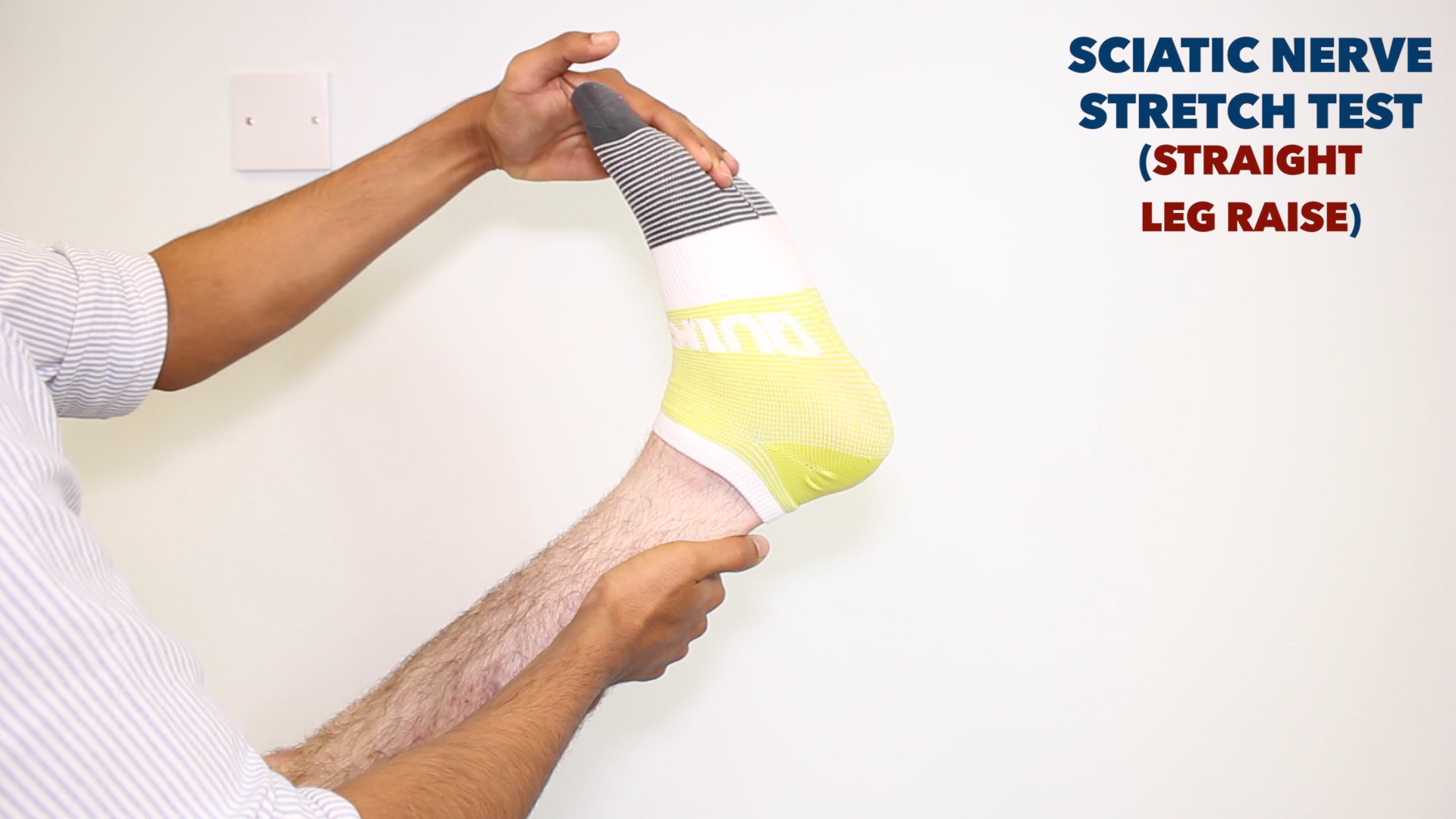


It is pain that starts along your sciatic nerve and spreads down your buttock and the back of one thigh. Sciatica most commonly occurs in people between the ages of 30 and 50 years. Your pain returns after successful treatment of your sciatica. You develop problems with your bowels or bladder. You lose feeling in your affected leg or notice weakness in your leg. You develop back pain when you have a history of cancer. When should I call my healthcare provider? Loss of feeling or weakness in your affected leg Possible complications of unrelieved nerve compression include: What are possible complications of sciatica?īecause sciatica is caused by pressure on a nerve in your spine, complications may develop if the pressure is not relieved. Surgery (to repair your herniated disk, if the condition persists) Movement (keeping your body in motion minimizes inflammation)

Nonsteroidal anti-inflammatory (NSAIDs) medicines such as ibuprofen To help relieve the pain, treatment may include: Sciatica usually heals on its own with rest and time. When stimulating the nerve at various places, your healthcare provider can then determine the specific site of your injury. Electrodes are then placed in various locations on your skin along the nerve pathway. The NCS is often done along with the EMG to determine if a nerve is working normally. During the EMG, thin needles are placed in your muscle to record electrical activity. A procedure done together to record and analyze electrical impulses in your muscles. Large magnets, radio waves, and a computer make detailed images of organs and structures in your body.Įlectromyography and nerve conduction study (EMG and NCS). Electromagnetic energy beams make images of internal tissues, bones, and organs onto film. How is sciatica diagnosed?Īlong with a complete medical history and physical exam, tests for sciatica may include: Always see your healthcare provider for a diagnosis.

The symptoms of sciatica may look like other conditions or health problems. Pain that extends from your buttock down to your foot Lower back pain that radiates or spreads down your buttock and the back of one thigh These are the most common symptoms of sciatica: Sometimes, the cause for your sciatica can't be identified. Health conditions such as diabetes or Lyme disease can cause symptoms of sciatica. Other reasons for pressure on your sciatic nerve may include:


 0 kommentar(er)
0 kommentar(er)
